I learned the term triple bottom line (TBL) just the other day. In lieu of undertaking an endeavor purely in search of the most profitable “bottom line”, traditionally the sole benchmark of comparison, TBL operations take the environmental and social impact into account as well. As businesses begin to look more holistically at their impact on the world around them, these types of evaluations are beginning to gain popularity.
This way of thinking is similar to how I define social entrepreneurship, or social innovation, in my head. With easily malleable definitions, they have numerous meanings to different people depending on the contexts. In general, I describe these terms as encompassing any mission in which there is the purposeful attempt to achieve some outcome other than monetary profit that benefits society. By applying this mindset to facets of society that are important to them, people are able to directly improve the conditions around them.
Detroit has long since been a city of innovation. From the Renaissance Center (left) to the automobile industry (right), The Motor City has historically thrived on originality and improvement. In light of recent events, people here are beginning to realize the importance of incorporating social outcomes into their decisions.
This way of thinking is similar to how I define social entrepreneurship, or social innovation, in my head. With easily malleable definitions, they have numerous meanings to different people depending on the contexts. In general, I describe these terms as encompassing any mission in which there is the purposeful attempt to achieve some outcome other than monetary profit that benefits society. By applying this mindset to facets of society that are important to them, people are able to directly improve the conditions around them.
Detroit has long since been a city of innovation. From the Renaissance Center (left) to the automobile industry (right), The Motor City has historically thrived on originality and improvement. In light of recent events, people here are beginning to realize the importance of incorporating social outcomes into their decisions.
My work with Build Institute has given me a unique view into the innovations of many people here, as the purpose of the business is to help turn socially innovative ideas into reality. Build itself is a form of social entrepreneurship. It works to provide resources to those who will improve their communities’ conditions through their personal areas of expertise; however, the best representations of social innovation that I have found come from the people that I’ve met surrounding this nonprofit, both involved participants and indirectly related individuals.
Here are a few examples:
Last Wednesday, my partner Liz and I had the chance to attend the Southwest Detroit Business Association (SWDBA) Community Investment Breakfast (below). Although the start time of 7:30am was a little disheartening, the people involved more than made up for it. The theme “Getting Detroit Back to Work” featured addresses and discussions from guest panelists (including former Chief of Police Isaiah McKinnon), as well as the recognition of standout small businesses in the area. With the most notable being a project that worked to fix up streetlights to make certain areas more accessible after daylight, this event provided much-deserved recognition to small business that are making positive impacts inside their community.
Here are a few examples:
Last Wednesday, my partner Liz and I had the chance to attend the Southwest Detroit Business Association (SWDBA) Community Investment Breakfast (below). Although the start time of 7:30am was a little disheartening, the people involved more than made up for it. The theme “Getting Detroit Back to Work” featured addresses and discussions from guest panelists (including former Chief of Police Isaiah McKinnon), as well as the recognition of standout small businesses in the area. With the most notable being a project that worked to fix up streetlights to make certain areas more accessible after daylight, this event provided much-deserved recognition to small business that are making positive impacts inside their community.
Green Garage is a local coworking space that advocates environmentally conscious practices, both in everyday living and through business ventures. Liz and I got the chance to sit down with Peggy Brennan who, along with her husband Tom, started this business a couple years ago. She talked about how the two formerly retired professionals were inspired to open Green Garage after attempting to make more conscious choices in their own lives. While the building itself stands as a prime example of sustainability, the Brennan’s are working to move the fifty plus businesses that work out of it towards a TBL model. While still pursuing a profit, every one of these startups is intentionally providing an outcome that benefits others around them.
Green Garage also hosts weekly community discussions highlighting topics relevant to the city. This past Friday, our DukeEngage group went to listen to community members (including the Mayor of Detroit, Mike Duggan) discuss their views on “the spirit of Detroit.” Ranging from educational opportunities to local music, it was inspiring to hear how everyone viewed their city and what they believed needs to be preserved and/or changed in order to revitalize it. But what I found to be most significant was the manner in which they discussed; Mayor Duggan was not talked at, or vice versa, but was simply another member of the discussion. Many people had differing views on what needs to be done, but they all respected the fact that there are numerous needs, numerous possibilities, and that collaboration is necessary to incite any progress.
Last, I’d like to bring up Frank. Frank is someone that Liz and I met the other day when we decided it was too nice of a day to work inside. We went to work at a picnic table just across the street and were met with his presence within the minute. He lives right across the street, and works to make sure that, in his words, “the only park on Bagley” is kept up and open for public use. It’s just a small lot that features green grass and a gazebo, but he took more pride in its upkeep and was more passionate about its availability than many people are about their real jobs. In my opinion, it’s people with this mindset that are the true change makers of Detroit. People who take pride in what they do and who do it for a greater good than themselves.
Social innovators are everywhere-some more obvious than others. But together, they’re applying this new way of thinking to change both their communities and the city of Detroit.
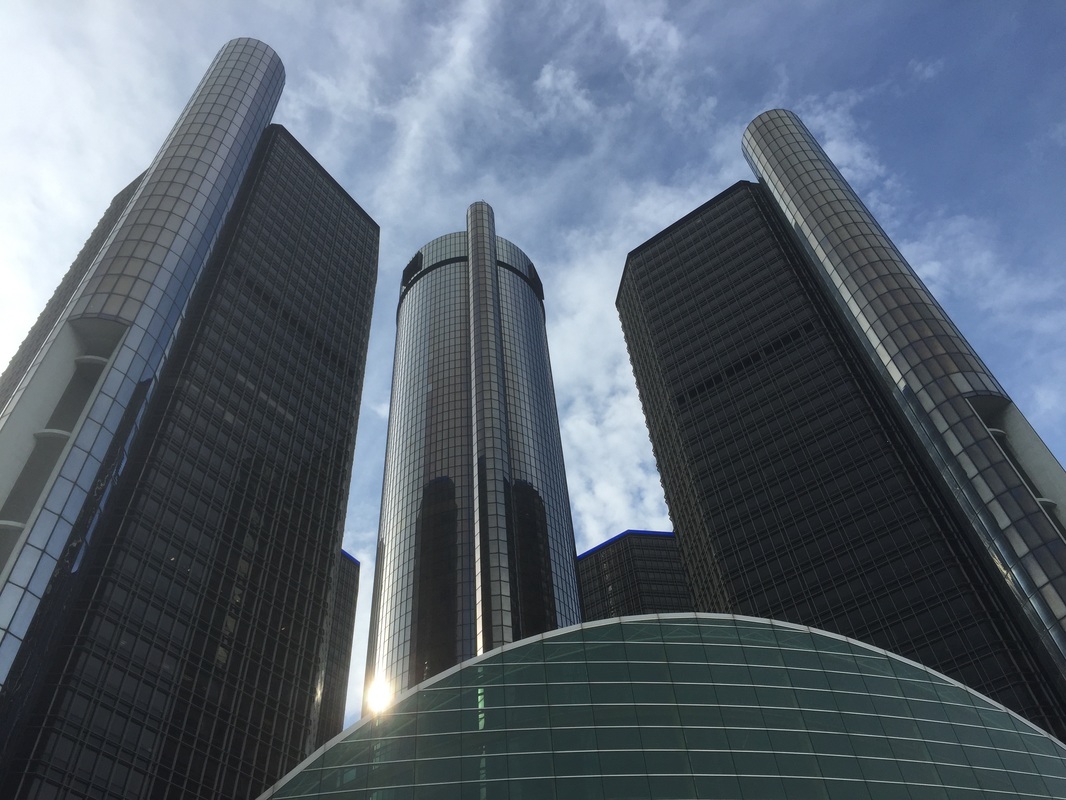
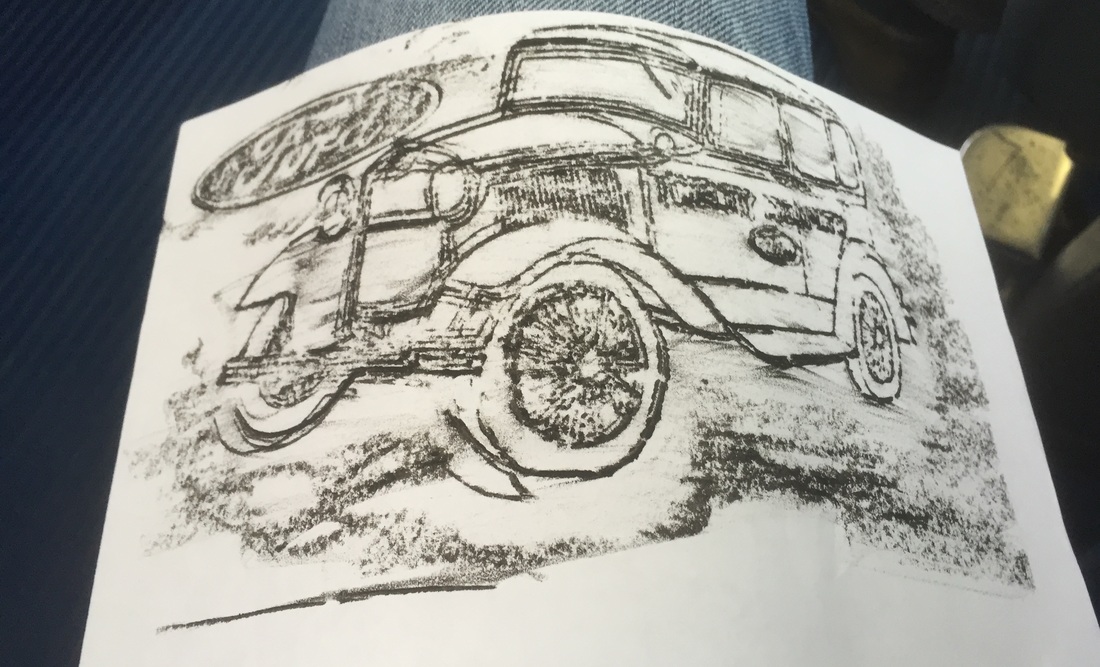
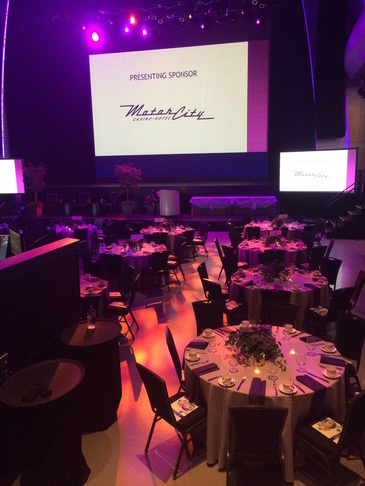
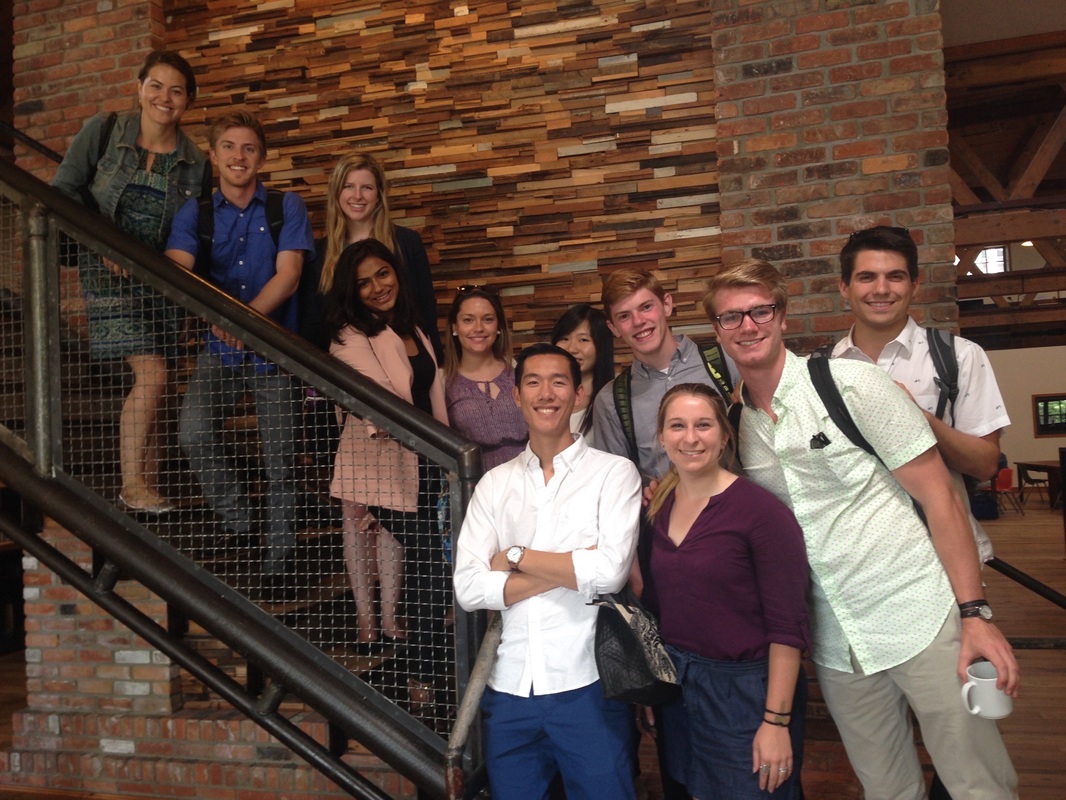
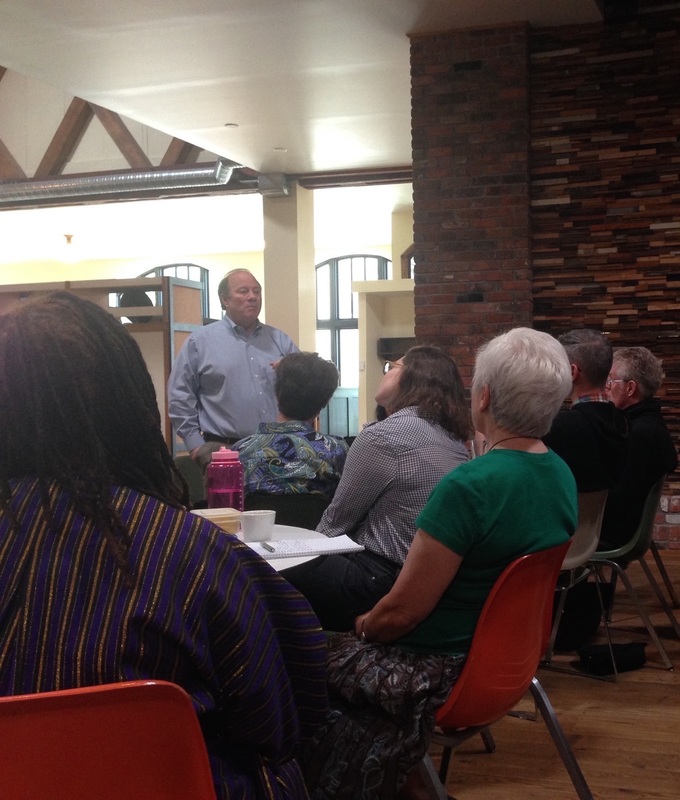
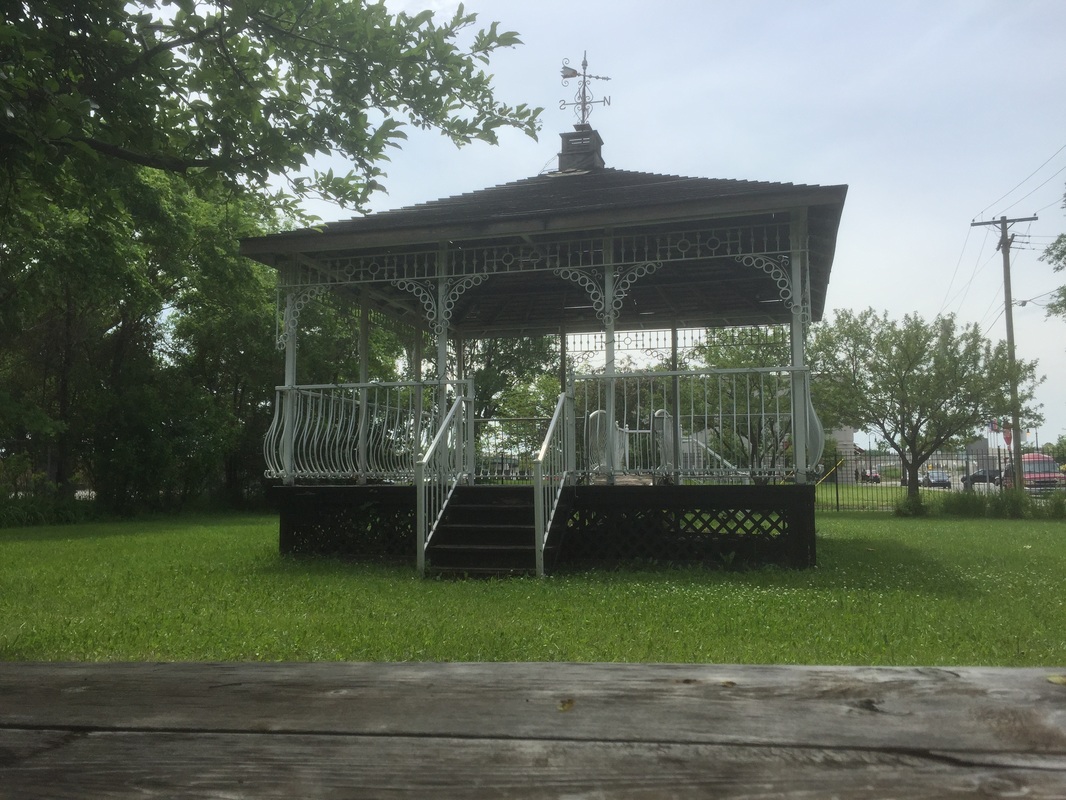
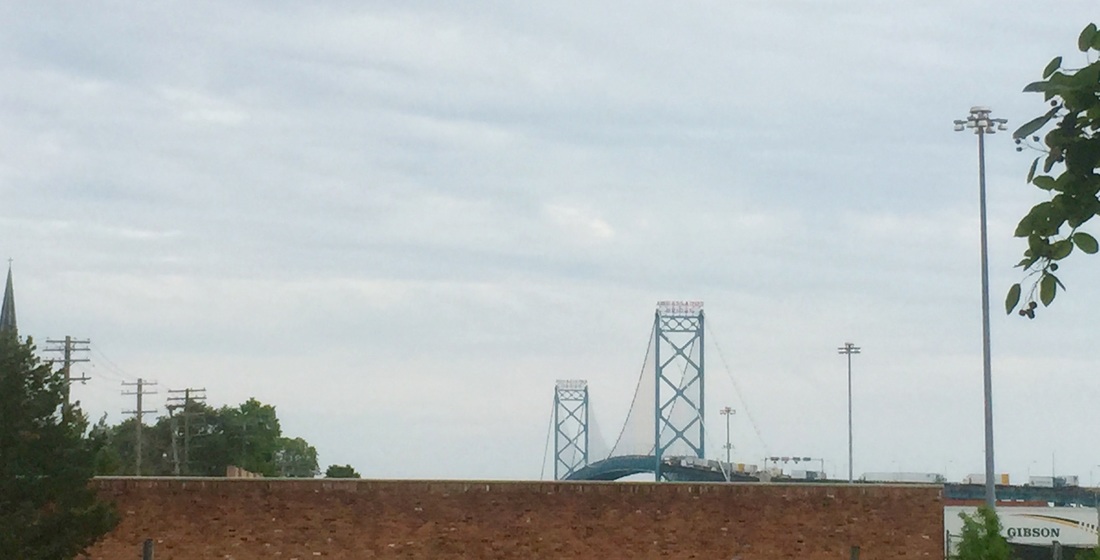
 RSS Feed
RSS Feed
